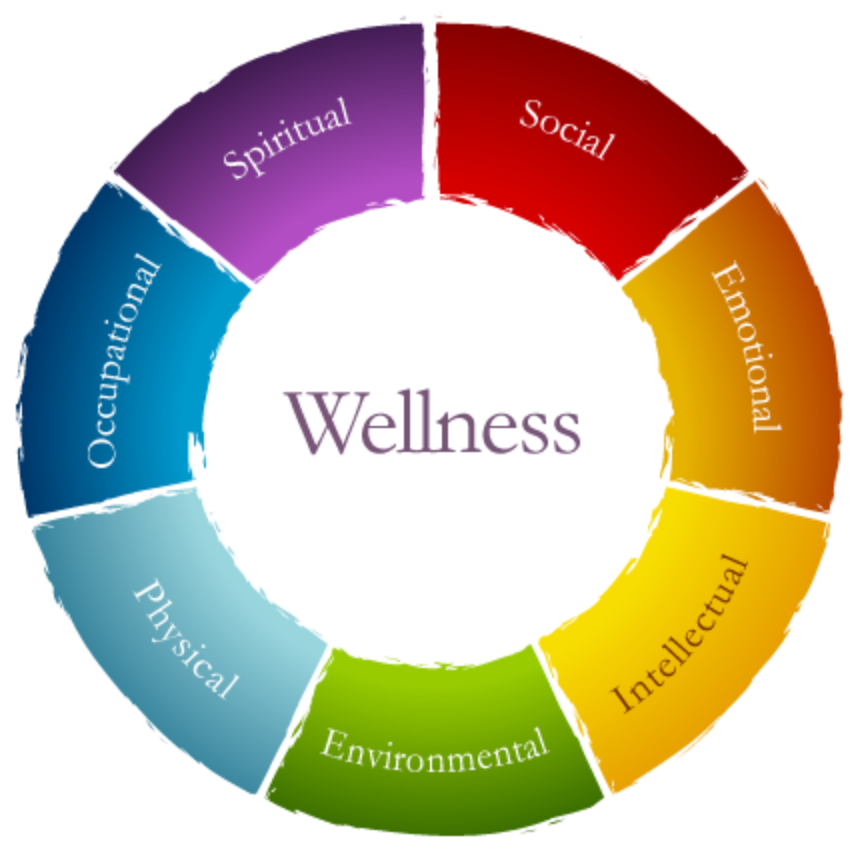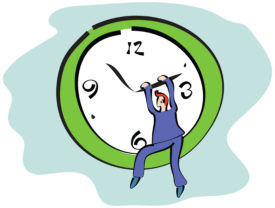Self-Care for Healthcare Workers During the Coronavirus
- Dr. Angela
- Apr 9, 2020
- 6 min read
As a licensed psychologist, a major part of my training has been around self-care. For counselors and therapists, like me, being the holder of trauma, grief and other’s experiences can lead to vicarious trauma, compassion fatigue and for many, burnout. In order to prevent burnout, it is our responsibility as clinicians to maintain positive self-care on a regular basis. This often includes maintaining good sleep hygiene, exercise, adequate food intake, engagement in activities we enjoy outside of our work, connection with others, consultation and supervision to process complex cases, and sometimes our own therapy to talk about ways in which our client’s impact us personally. For therapists, we exist in a world of feelings and emotions and processing these feelings, for many, is a daily part of our practice both as clinicians but also as humans.
In my experience working with healthcare workers including nurses, physicians, residents and even medical students, I have found self-care to be just as, if not more, imperative, however it is often talked about less. I have been fortunate to provide therapy and supervision to frontline workers and have been humbled by the demands of their work. I have heard stories of clinicians who have witnessed the death of patients and having to move on to care for the next person in the waiting room. I have talked with expectant mothers working through their own grief of patients struggling with infant loss. I have been able to help interns and residents work through a desire to achieve perfectionism while scared and fearful to make a mistake. Because at the end of the day, for healthcare workers, if they don’t do their jobs well, people can die. As a licensed psychologist I do not live with this same fear on a daily basis. There is risk involved in my work with clients but often my job is about helping client’s make good choices and decisions for themselves to not get to a place where harm to self is an imminent threat. And, in addition to their work in the hospital, healthcare workers have the same struggles as the rest of us in maintaining balance between work and home, raising children, working on their relationships with their partners, dealing with money and financial concerns, and caring for elderly parents.
Self-Care
There are many models and thoughts to promote self-care in individuals. In times of normalcy I have used the work of a former professor of mine, Thomas Skovholt (2016) who has done research on resiliency for practitioners. He created a great survey for healthcare professionals touching on areas of one’s life and work that can create natural buffers to burnout and compassion fatigue. When I do presentations on self-care to healthcare workers I talk about the Seven Dimensions of Wellness seen here including tasks to engage in within each area. These areas include:

Physical Wellness: exercise, good rest, portion control, moderate alcohol/drug use, regular doctor checkups
Emotional Wellness: the ability to express human emotions such as happiness and sadness and having the ability to love and be loved
Intellectual Wellness: stimulating our minds and expanding our knowledge including improving our skills
Social Wellness: Interacting with others, developing intimacy, creating a network of support
Spiritual Wellness: seeking harmony between the inside and the outside including finding meaning and purpose in one’s life
Environmental Wellness: maintaining harmony with the earth and minimizing harm to the environment
Occupational Wellness: preparing and making use of your skills, talents and natural gifts for happiness and enrichment
The Uniqueness of Maintaining Self-Care During the COVID-19 Epidemic
We are no longer living in times of normalcy, especially for those in healthcare fields. With the number of infections and deaths from COVID-19 rising and the collateral damage of job loss, economic uncertainty, and negative emotional effects of social distancing and stay at home orders nothing right now is normal. But for those in healthcare, life goes on. However, their prior support systems of schools and day cares to care for their children have closed. Family members ability to travel and care for kids has been halted and even discouraged if these family members are apart of high risk groups. Medical Students and residents in training are being forced to choose between continuing their education in harsh, risky conditions or delay their training and thus increasing financial stress. Those healthcare workers who have been deemed “non-essential” have been furloughed, thus decreasing their ability to continuing growing their skills and increasing their own financial distress. Not to mention the millions of Americans filing for unemployment who too are managing pre-existing health conditions that they will either no longer be able to afford due to loss of job or withhold care from themselves due to fear of contracting an illness by going to a hospital. These are no longer normal times and won’t be for a while. So our self-care practices, especially for those in healthcare, must adapt.
Tips and Strategies for Maintaining Positive Self-Care
Routine and Structure: Everyday is currently different so regular schedules and routines might no longer exist. For many this can create anxiety. Daily routines help mitigate symptoms of anxiety. Allow yourself to start each day with a plan for that day…and that day only. Schedule in your work, your exercise, your time with yourself and your time with others. It doesn’t have to be a lot, but if you schedule it and you hit an anxious moment you can review what you told yourself you would be doing at that moment. Then do it. I will start my day scheduling 6am-9pm including the “Have Tos” the “Need Tos” and the “Want Tos.” And make sure each day I’m doing a couple of things from each category.
Exercise: Beyond being on your feet at work you need to find time to move in a way that feeds your body. Either a walk outside for 20 min or some light stretching at the end of the day.
Sleep: You all know how imperative your sleep is. Struggling to get to sleep or stay asleep? Try out some apps that tell you bedtime stories. Calm.com has this feature and it’s great! I’ve never heard the end of any of the stories. They also have nice white noise sounds.
Meditation: Headspace is my best recommendation for guided meditation. In times of stress it is hardest to just be with ourselves. So don’t try and do it alone. Headspace is currently free for all healthcare workers and is a great tool to help manage the low level anxiety you are likely feeling on a daily basis.
Journaling and Reflection: Sometimes we need a release and getting those emotions out by writing about them can be the best answer. Narrative therapy is a great tool I use with clients to help understand their lives and experiences. When feeling ramped up and needing to talk with someone but feeling cooped up and unable to reach out, pull out a note pad or just create a note on your phone. Share with yourself how you are feeling and see if this will help you uncover what you need.
Set Boundaries (when possible): This is the hardest for many especially those trying to be everything for everyone. But you need time for you. You know the old phrase, “you need to put your oxygen mask on before you can help others?” This is all about boundaries. Take time for you. Maybe it’s just 5-10 min but make sure you and only you gets to exist in your view each day. Ask for help from your partners and loved ones when you can.
How to Care for Healthcare workers
This is for the rest of us. While some consider us therapists frontline workers, I have the flexibility of working from home and at a distance. I do not have direct, in person contact with my clients right now. That does not mean I am immune to compassion fatigue, vicarious trauma and burnout (we all are and I will speak to that in a later post). But for the moment, healthcare workers are not getting similar flexibility. And they are working in harsh conditions. And many do not have a choice. Did they sign up to help? yes, of course, but most of them never anticipated society would be impacted in such a way that their daily lives would also be impacted. So what you can do:
Volunteer to go get groceries or have groceries delivered to those in healthcare
Ask your physician friends if you can drop off dinner for them and their family
Find ways to support those with childcare needs (this is challenging to do while we are social distancing, I realize) I am hopeful someone is working on this. If you have ideas please bring them to the forefront and make them happen!
If you are a business that provides services please consider offering discounts to healthcare workers. Local discounts within Gainesville, FL (as of 3/31/20)
Make masks for those in your community to continue to reduce the spread of COVID-19
Social distance to decrease the healthcare demand on healthcare workers
Write them emails thanking them for their service
Ask them “is there anything I can do to help?” And see what happens
Take care of each other, we are all in this together!
References:



2K plans to announce results from NBA 2K22 MT the simulated final round on May 15th. The company even managed to get quotes from top players from the teams (which should not be too difficult, since they were tabbed to be the game's cover for the previous two seasons). Anthony Davis, NBA 2K20's cover athlete, told us that "it is a dream to be present in person but for now I am happy that 2K offers fans the option of following their teams on the virtual courts." Giannis Antetokounmpo, who was on the cover in 2019 said, "We all miss basketball and we are trying to help in the hope to be back on the court soon however for now,…